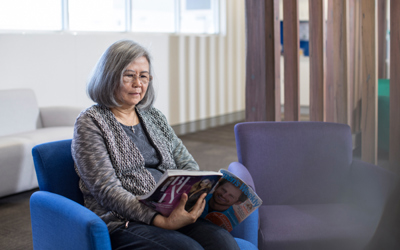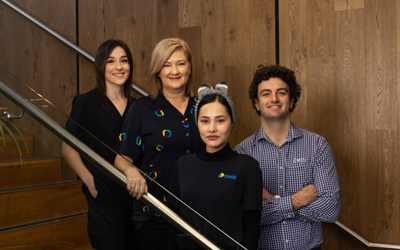Exceptional, affordable care.
Rest assured, we will take the time to talk through all aspects of your treatment plan and provide you with a detailed cost estimate before your first treatment.
The cost of treatment at Icon Cancer Centre will depend on what type of cancer treatment you’re having and the likely cost of any tests or medications.
Here's what you need to know about the cost of receiving chemotherapy, blood disorder treatment and radiation therapy in Australia.
No private health insurance is needed for radiotherapy
If you have a valid Australian Medicare card, most treatment costs are rebated at a private centre
Your final out-of-pocket amount will depend on your personal treatment plan
Once you've reached the Medicare Safety Nets threshold in a calendar year, your out-of-pocket costs may be reduced
No private health insurance is required for valid Australian Medicare card holders to receive radiotherapy, regardless of whether you receive public or private treatment
Conveniently, our centres are equipped with Medicare claiming facilities, which means your Medicare claim will be processed on the spot. Most rebates are paid out quickly.
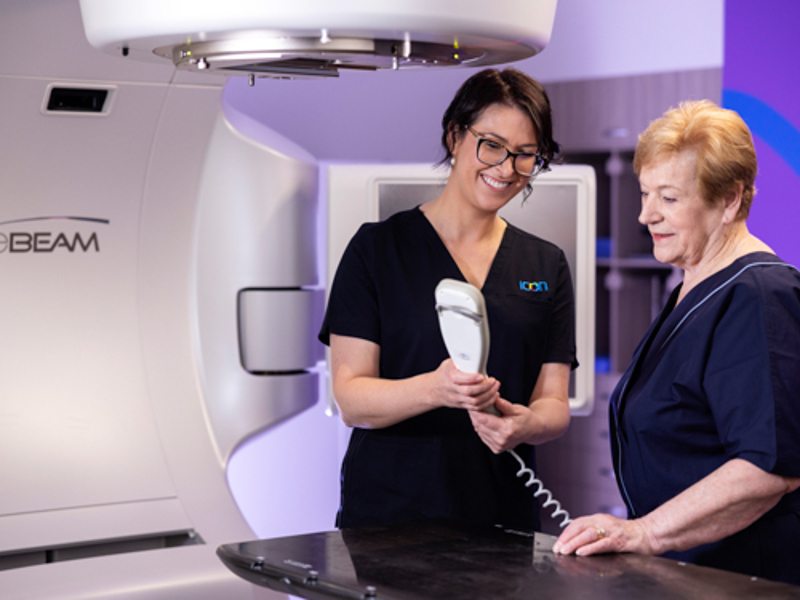
Private chemotherapy and blood disorder treatment is funded by private health insurance
Chemotherapy and blood disorder treatments are delivered in a day hospital and require private health insurance
We have no-gap agreements with most private health funds for admitted Medicare Benefits Schedule (MBS) services
Your out-of-pocket treatment costs, if any, will depend on your health insurance policy level of cover
We'll let you know if you have an insurance excess or where a co-payment is needed, and provide you with a cost estimate
Your doctor’s fee for consultation on the same day as treatment will be charged directly to your health fund
If you do not have private health insurance, we can organise a cost estimate for self-funded treatment
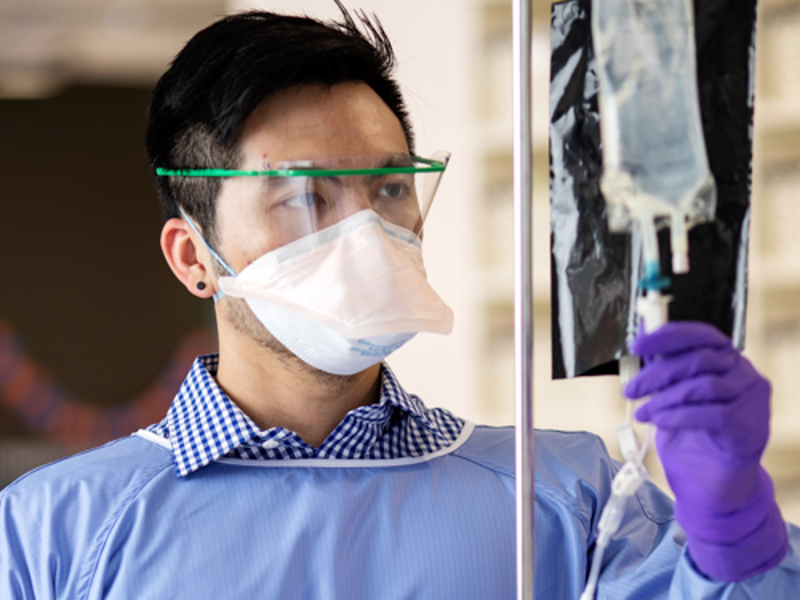
Download your free cancer diagnosis checklist
Be more informed and play an active role in your own cancer care.
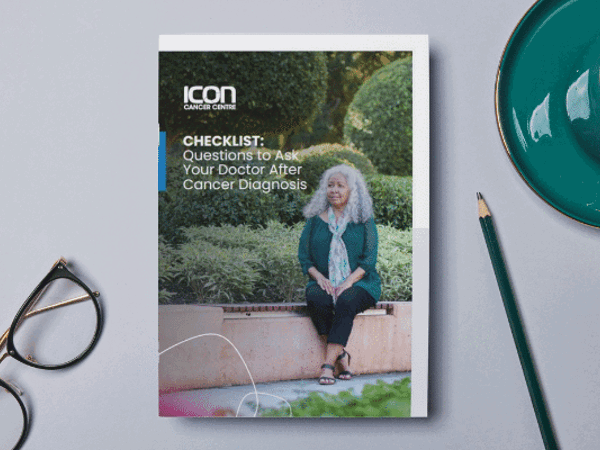
Frequently asked questions about cancer treatment costs



